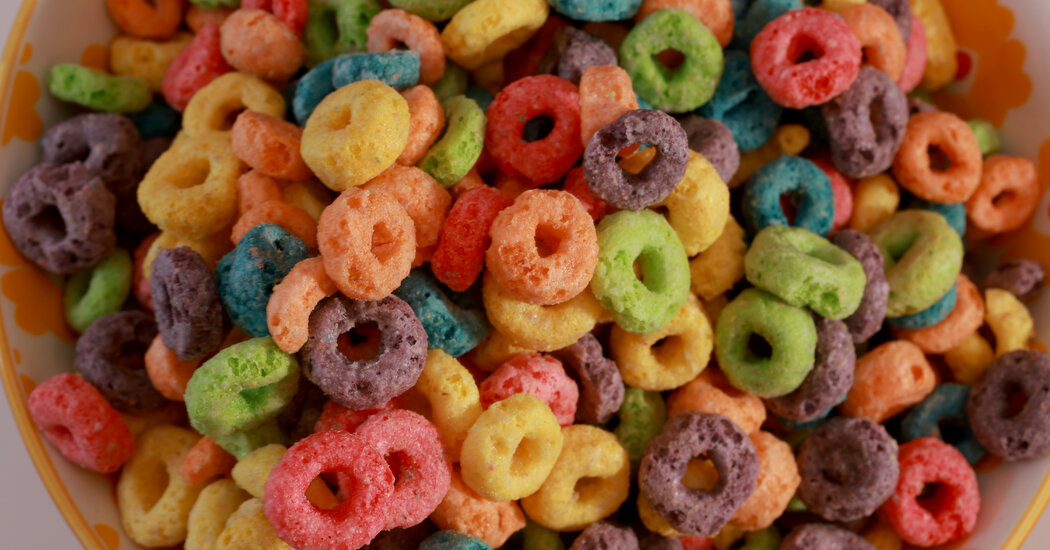At least 20 other states are considering bills restricting the use of certain food dyes and additives.
In the most sweeping move of its kind, West Virginia has banned foods containing most artificial food dyes and two preservatives, citing their potential health risks.
The legislation, signed into law Monday by Gov. Patrick Morrisey, will go into effect in 2028. At least 20 states are considering similar restrictions on food chemicals, but West Virginia is the first to ban virtually all artificial dyes from foods sold statewide. The new law will also prohibit products containing the dyes from being served in school meals starting this August.
“Everybody realizes that we’ve got to do something about food in general,” said Adam Burkhammer, a Republican state representative who introduced the bill in February. It quickly passed both legislative houses with broad bipartisan support. Mr. Burkhammer said he hopes the law will improve the health of children in his state and spur other states to take similar actions.
California has passed similar measures, though they were narrower in scope. One, passed in 2023, banned four food additives statewide. And in 2024, state lawmakers banned artificial food dyes from school meals.
Jennifer Pomeranz, an associate professor of public health policy and management at New York University, said the California measures likely led state lawmakers to realize they could move faster than the Food and Drug Administration to act on food additives that carried health concerns.
She added that Robert F. Kennedy Jr., who was confirmed as health secretary last month and has spoken frequently of his concerns about food dyes, has also brought more attention to the issue. Earlier this month, at a meeting with executives from large food companies including PepsiCo and General Mills, Mr. Kennedy said that it was an “urgent priority” to eliminate artificial dyes from foods and drinks sold nationwide. At another meeting, he encouraged people to call Gov. Morrissey in support of the West Virginia law.
